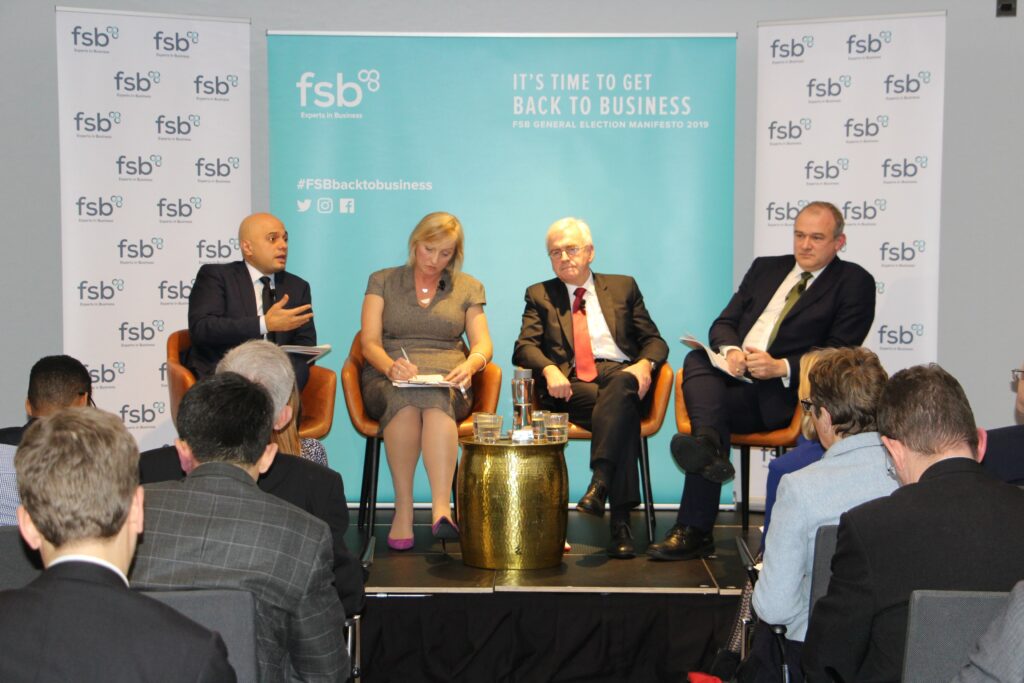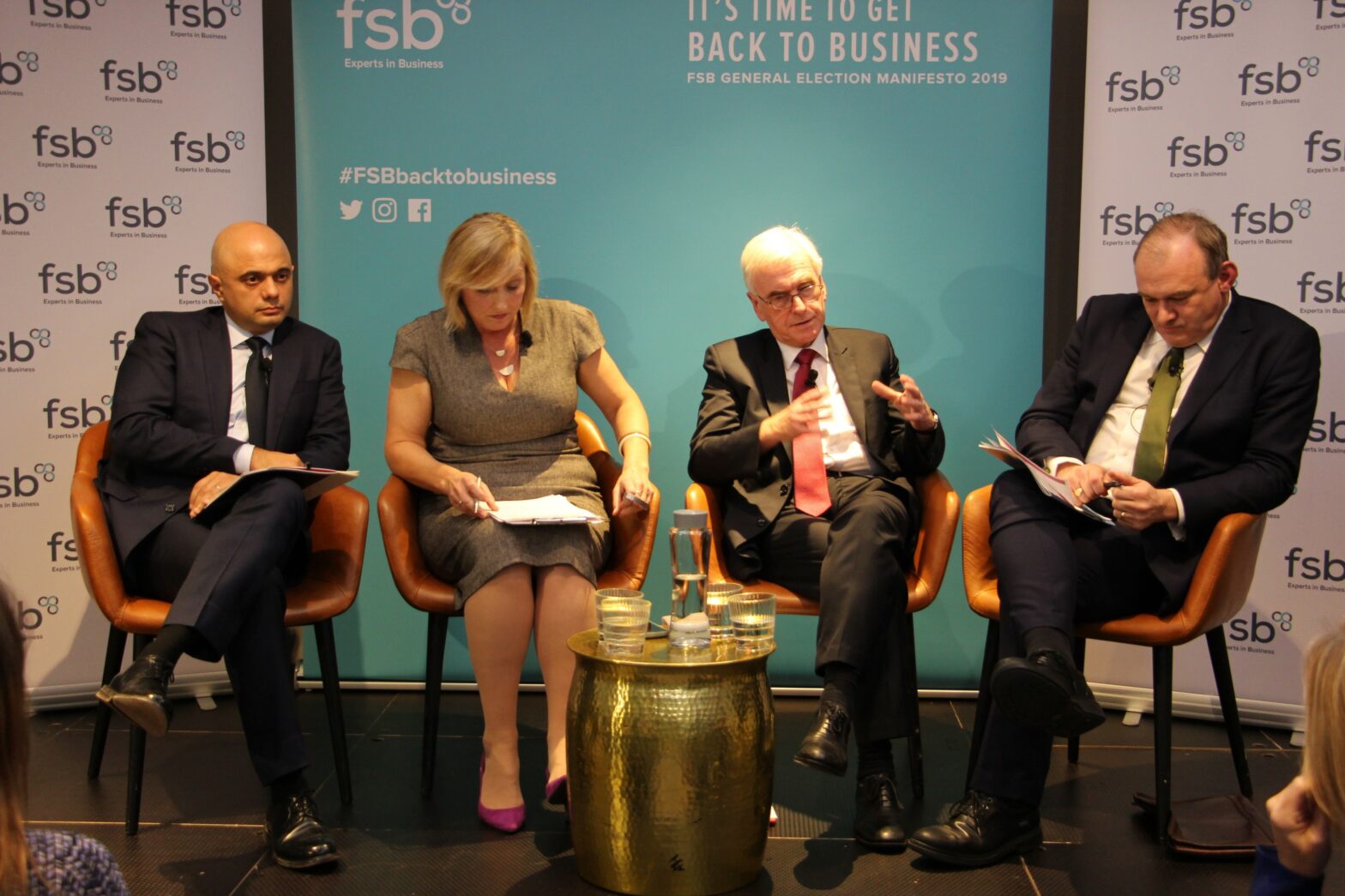Chancellor Sajid Javid has warned that Labour plans to stop sons and daughters from inheriting family businesses by charging them inheritance tax.
Currently, family businesses are exempt from 40 per cent inheritance tax when a business is handed down to a family member following the death of the owner.
Labour plans to increase personal inheritance tax; currently, parents can leave property worth up to £325,000 before inheritance tax kicks in.
Sajid Javid said: “Labour has said they’re against the principle of inheritance, that’s why they’re changing inheritance tax for individuals, that’s why they’ve cut the allowance. They have also said they’re going to review taxes – and when they use code words like review, that’s the tax that’s they’re most certainly going to hit.”
>See also: Labour pledges to scrap IR35 rollout to business … and then backtracks
Javid was speaking at a hustings organised by the Federation of Small Businesses (FSB) this week, alongside shadow chancellor John McDonnell and Liberal Democrats deputy leader Ed Davey.
McDonnell, putting his head in his hands, shook his head and repeated, “We’re not.”
However, McDonnell, giving his usual avuncular performance, was frank about Britain needing to pay for investment in infrastructure and society through increased taxation. Labour plans to review all business tax relief, including the popular R&D tax credit in favour of direct grants. Yes, he said, Labour would hike corporation tax from 20 per cent to 26 per cent for big companies (21 per cent for small businesses) but other initiatives, such as free broadband and a National Investment Bank with a focus on small business, would help compensate for that.
McDonnell said: “We need a scale of investment with our economy that have lacked for the past 10 years. That’s why our productivity has fallen backwards. To do that we need a fairer taxation system.”

Late payments culture
All three parties were damning about late payments culture, where big companies – often on government contracts – deliberately pay small business suppliers late, keeping the money on deposit.
Late payments currently cost UK small businesses £2.5bn a year, destroying 500,000 businesses a year and affects 40 per cent of FSB members.
Ed Davey said that big companies were effectively using small businesses as their bankers.
McDonnell went further, calling for late payers to be fined. “It’s brutal,” he said. “We’ve seen companies go to the wall because of this.”
Labour would end the late payments crisis through following Australia’s binding arbitration model.
“Now is the time to act and get some teeth into the legislation. This has become appalling.” McDonnell said.
Javid added that every element of the public sector, including local councils, should pledge to pay small businesses within 30 days.
Business rates
All three parties have pledged to reform business rates, which are seen to be a broken system, accelerating the death of the high street as shopkeepers pay more than online retail giants.
McDonnell said Labour would introduce a far more transparent appeals process as “sometimes they’re mystical about their decisions”.
The Lib Dems have proposed a commercial landowner levy to replace business rates.
Davey said: “It’s much better to tax the underlying land … it will help rebalances the regions, which would spur investment.”
Javid doubled down on Conservative pledges to extend the business rates retail discount.
>See also: 6 top tips to prepare for IR35 tax changes – Small Business checklist
IR35 tax changes
All three parties say they will “review” IR35 tax changes in April 2020, bringing thousands of sole traders who supply firms on contract work within PAYE. HMRC believes that many freelance contractors are effectively permanent staff and should be paying tax at source.
McDonnell said that IR35 forces people into “bogus self employment”, which can shade into actual tax avoidance.
Although Javid said that – along with Labour and the Liberal Democrats – the government would “review” IR35 tax changes designed to drag thousands of freelancers into PAYE, he stopped short of committing to any delay.
Davey said that the government, by rolling out IR35 to businesses along with other tax changes, is singling out the self-employed. Reflecting on his own experience of becoming self-employed, having lost his seat in 2015, Davey said the IR35 tax reforms were having “unintended consequences” and reflected “sloppy thinking”.
Davey added that the Conservatives’ proposed “tax lock” including a rise in the national insurance threshold for 31 million workers would only incentive an underfunded HMRC to go after small businesses even more aggressively. He said that he had seen in an increase in the number of small business owners within his constituency complaining about how hostile HMRC has become.
Further reading on general election
General Election 2019: what the parties say about small business








